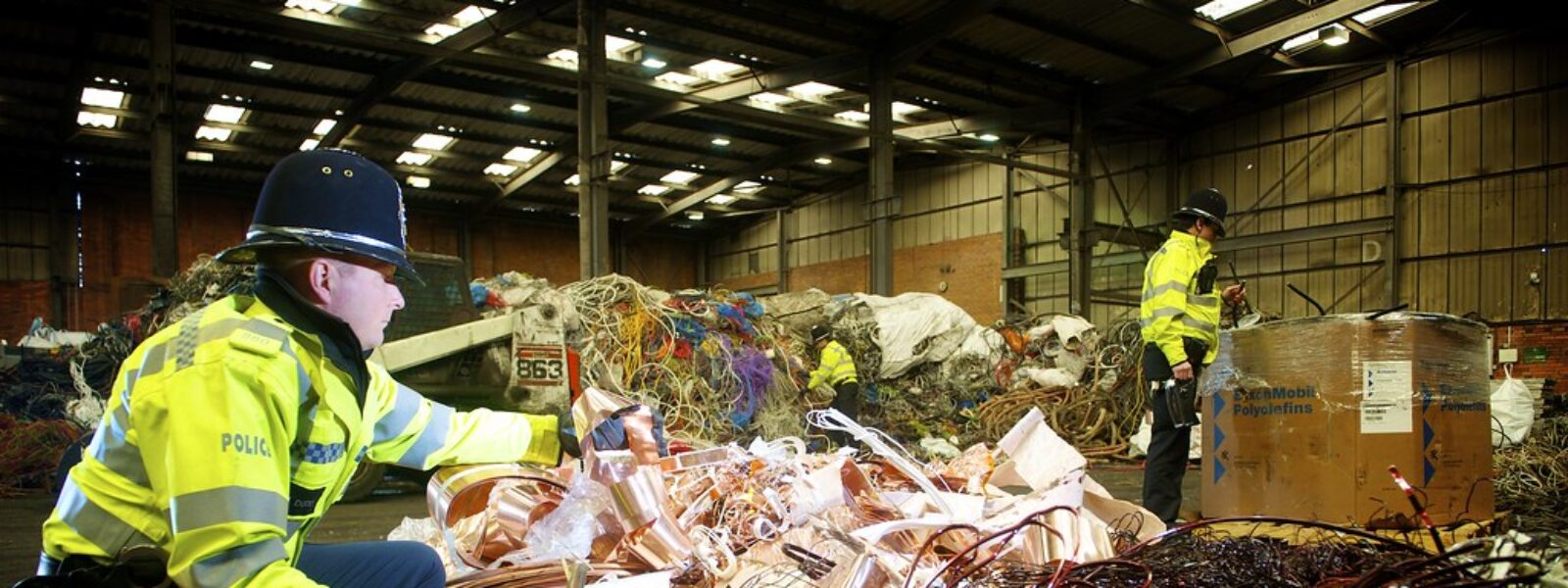Being found guilty of handling stolen goods is a criminal offence. Handling these goods can result in serious penalties, fines and, in most cases, imprisonment. This article covers the different consequences of handling stolen goods, alongside all you need to know about the offence.
If you have a case you think we can help with, contact our team via 0203 007 5500, or [email protected]
What is the handling of stolen goods?
The handling of stolen goods is the possession or sale of goods which have been stolen.
For it to be an offence, the individual has to know they are stolen, yet continues to possess, sell or transport these goods. For a guilty verdict, the defendant’s goods must remain stolen at the time of handling.
Knowledge of the goods.
The individual’s knowledge of the goods is an important factor in cases such as this. For handling stolen goods offences, the prosecution looks for:
- Whether the goods were still ‘stolen’ at the time of handling; i.e. not returned to the person they were stolen from
- If the individual was aware that the goods were stolen
To help determine the sentence, it is vital that the court assesses if the individual was aware of the theft yet still chose to handle the goods. This assessment, when in combination with the circumstances and background of the crime, will help to reach a fair conclusion.
Determining sentencing.
Determining the sentence can come down to a range of factors, including the culpability and the financial value/harm of the crime.
The court assesses financial value by looking at the:
- value of the goods
- amount of harm inflicted upon the victim
The court will assess the following categories for an offence:
Culpability categories:
High Culpability:
- Is a professional/highly planned offence
- Knowledge in advance to the offence
- Possession/theft of goods in the last 12 months
Medium Culpability:
- Played a significant role in the group offence
- Acquiring goods with intention to re-sell
- Some level of planning before the offence
Low Culpability:
- Acquired goods for an offender
- Involvement due to intimidation or exploitation
- Low level to no amount of planning
The financial value categories:
Category 1:
- Very high value goods (£100,000 and above)
- High value with significant harm
Category 2:
- High value goods (£10,000 – £100,000) with no harm
- Medium value with significant harm
Category 3:
- Medium value goods (£1,000 – £10,000) with no harm
- Low value with significant harm
Category 4:
- Low value goods (£1,000 or below)
- Little to no significant harm to victims or others
Maximum penalties.
The consequences for handling stolen goods offences can range from 14 years custody to a Band C fine (125- 175% weekly income) and a discharge. The court will determine these fines and penalties depending on the categories the crime sits in (i.e. culpability and financial value).
These penalties and fines will also be decided by another range of differing circumstances.
Other circumstances might include:
- Number of prior criminal convictions
- Level of remorse shown
- Medical conditions
- Any learning or mental difficulties
- Reputation and character
The court will always take into account these mitigating circumstances when reaching a final judgement.
In order to be found guilty there must be proof that the individual has held the goods dishonestly. The individual won’t be charged as guilty if they acquired the goods in order to return them.
Honesty/dishonesty.
To be guilty of handling stolen goods, there must be proof that the individual has held them dishonestly. The court must prove that the offender was aware they were handling stolen goods.
The dishonesty of the offender is determined by the jury by using the Ghosh guidelines.
If the individual was unaware that the goods they are handling are stolen, an argument for honesty may apply. The individual wouldn’t be guilty if they acquired the goods with the intention to return them to the original owner.
Compensation of the goods.
When an offence has resulted in damage or loss, the court must make the decision whether to make compensation and, if not, provide reasons as to why they have chosen not to.
If the court proceeds to make a confiscation and compensation order while knowing the offender won’t have the grounds to provide either in full, the court must direct the compensation to be paid out in sums under the confiscation order.
The court may also consider ancillary orders. These ancillary orders might include a deprivation or a restitution order.
Handling stolen goods: frequently asked questions.
Below are some frequently asked questions regarding handling stolen goods offences. If your particular question hasn’t been answered, you can discuss this with one of our criminal law solicitors in an initial consultation.
1. What is the maximum sentence for handling stolen goods?
The maximum sentence for handling stolen goods is 14 years’ imprisonment, however the sentence is determined by varying factors.
2. What are my rights to retrieve stolen property?
Your rights on stolen property depend on the circumstance at hand. For a full breakdown, visit the UK government’s legislation.
3. Can you accuse someone of theft without proof?
Ultimately, to be found guilty of handling stolen goods, the prosecution must have proof. The government defines what proof is in their legislation.











Leave a comment Your email address will not be published.